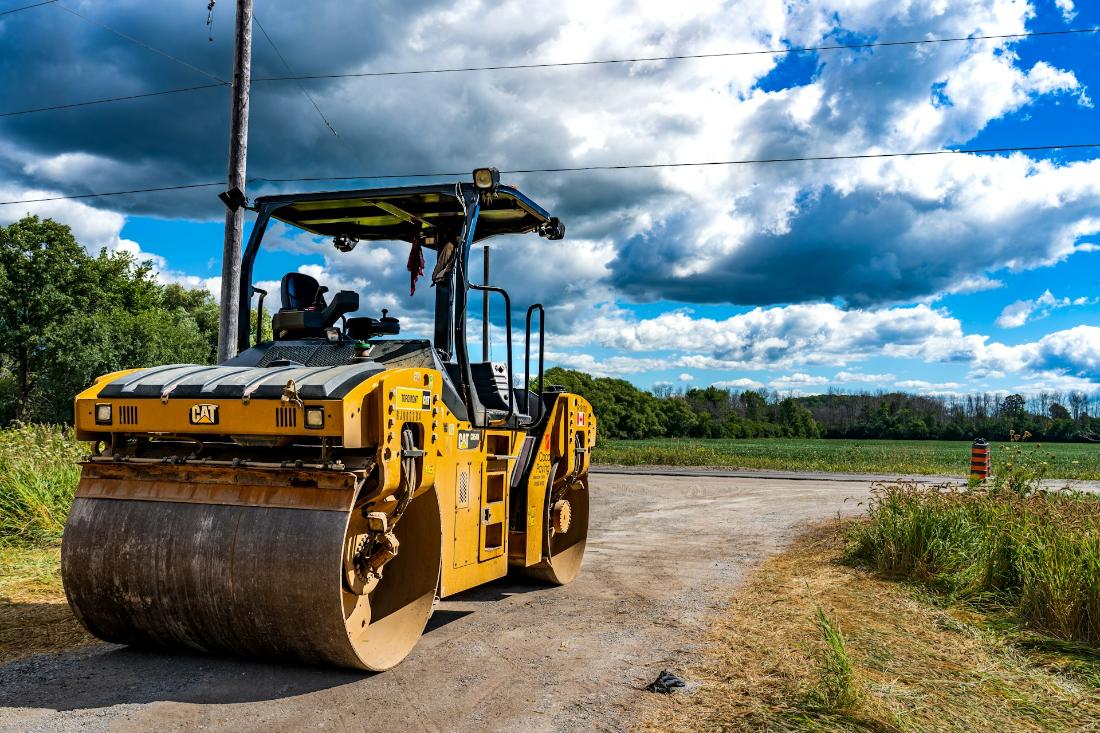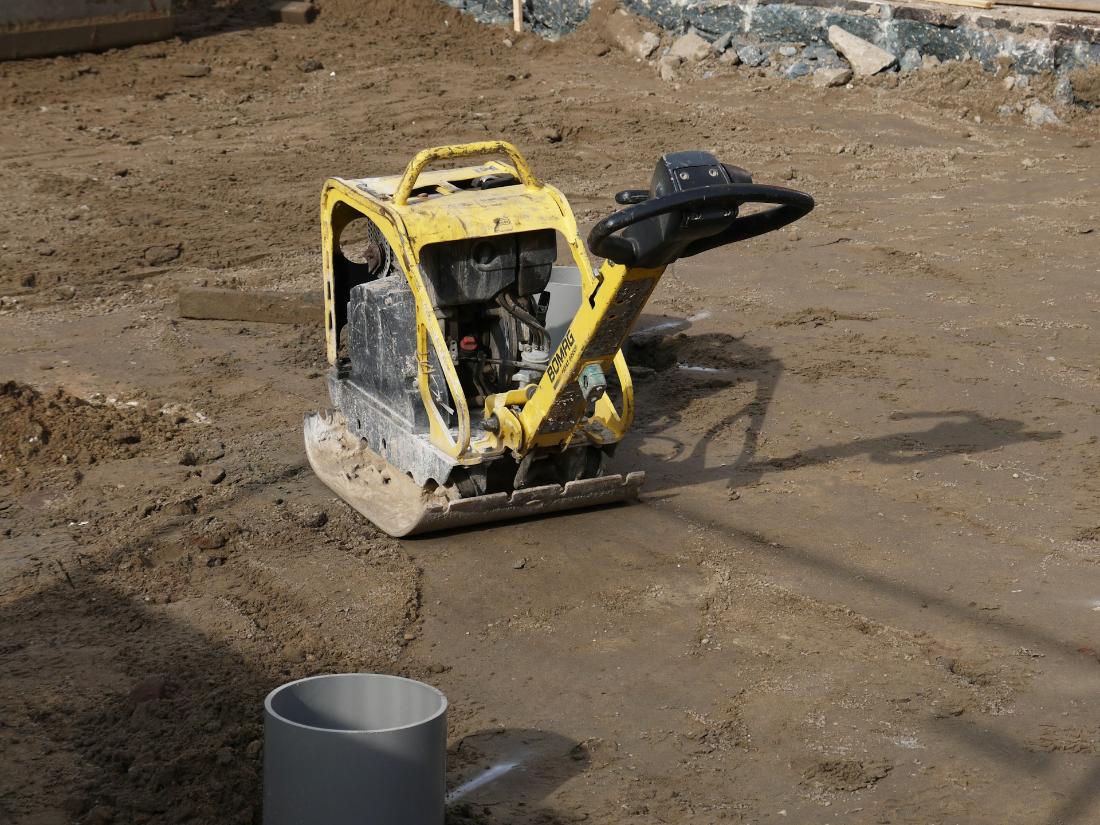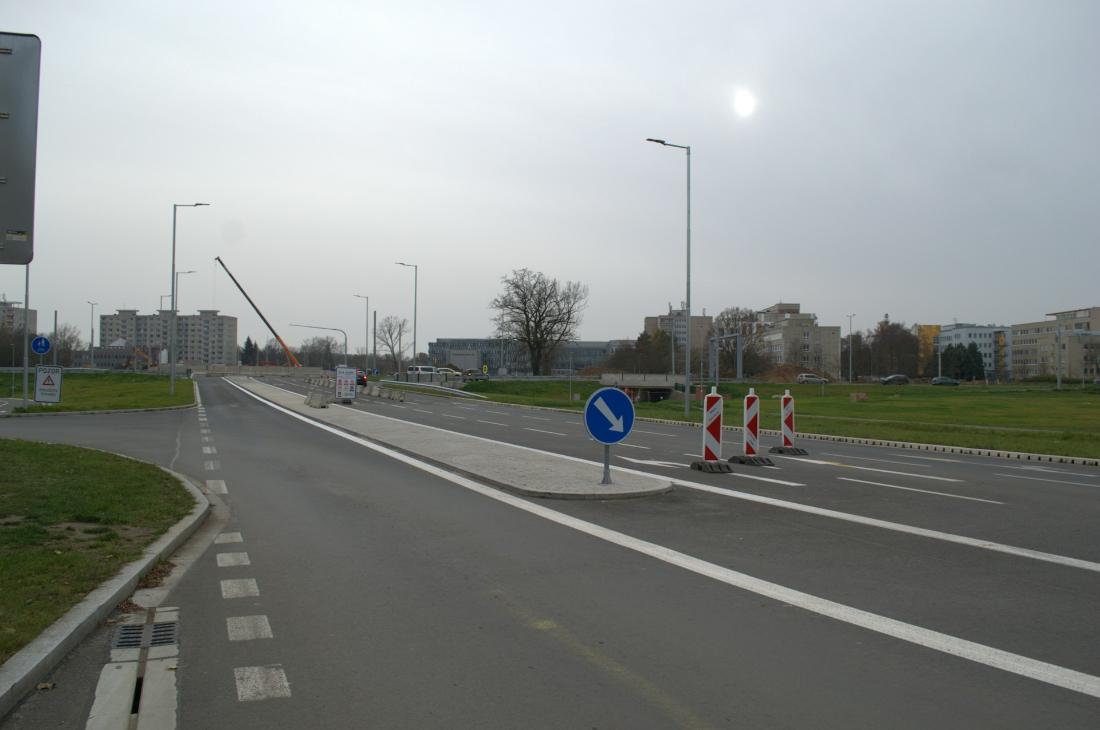Structure
Road Work Equipment Supplier in Malaysia: Powering the Nation's Infrastructure Revolution
Nov 24 2025
The predawn air in a developing industrial area in Selangor carries a distinctive scent – a mixture of diesel, fresh asphalt, and damp earth. As the first light touches the horizon, it reveals not just construction workers preparing for their day, but an orchestra of mechanical giants waiting to perform. Towering excavators, robust rollers, and powerful asphalt pavers stand silent, soon to erupt into a symphony of progress that builds the very arteries of modern Malaysia. At the heart of this daily transformation lies a crucial, yet often unseen, partner: the road work equipment supplier. This entity is far more than a mere vendor of machinery; it is a strategic enabler, a repository of technical expertise, and a vital cog in the wheel of national development, providing the physical tools that turn engineering blueprints into tangible reality.
The scope of a comprehensive road work equipment supplier in Malaysia extends across the entire lifecycle of an infrastructure project. From the initial ground-breaking and earthworks to the final layer of smooth asphalt, each phase demands a specific set of powerful and reliable machines. The process begins with earthmoving equipment, the true workhorses of any construction site. These include excavators of various sizes for digging foundations and drainage channels, bulldozers for grading and levelling the terrain, and loaders for moving vast quantities of soil and aggregate. Without these foundational machines, the raw land could never be prepared to bear the weight of a new road. Following this, compaction equipment takes centre stage. Vibratory rollers, both single-drum and double-drum, are essential for compacting the sub-base and base layers of the road. This compaction is a scientific process, crucial for creating a stable, dense foundation that prevents future settlement and cracking, ensuring the longevity of the road for decades to come.
The final stages introduce another suite of specialized machinery. Asphalt pavers are precision instruments that lay the hot mix asphalt at a consistent thickness and width, creating a smooth, even mat. They are followed closely by a fleet of rollers—static steel-wheel rollers and pneumatic-tyred rollers—which work in sequence to achieve the specified density and smoothness of the final driving surface. Beyond these primary machines, a myriad of supporting equipment is indispensable: mobile light towers for safe night-time work, powerful generators for electricity in remote sites, high-capacity water pumps for dewatering excavations, and a vast arsenal of handheld tools and safety gear. A leading supplier does not simply stock these items; they possess the deep technical knowledge to recommend the right combination of equipment for the specific soil conditions, project scale, and budgetary constraints of each unique project.
The scope of a comprehensive road work equipment supplier in Malaysia extends across the entire lifecycle of an infrastructure project. From the initial ground-breaking and earthworks to the final layer of smooth asphalt, each phase demands a specific set of powerful and reliable machines. The process begins with earthmoving equipment, the true workhorses of any construction site. These include excavators of various sizes for digging foundations and drainage channels, bulldozers for grading and levelling the terrain, and loaders for moving vast quantities of soil and aggregate. Without these foundational machines, the raw land could never be prepared to bear the weight of a new road. Following this, compaction equipment takes centre stage. Vibratory rollers, both single-drum and double-drum, are essential for compacting the sub-base and base layers of the road. This compaction is a scientific process, crucial for creating a stable, dense foundation that prevents future settlement and cracking, ensuring the longevity of the road for decades to come.
The final stages introduce another suite of specialized machinery. Asphalt pavers are precision instruments that lay the hot mix asphalt at a consistent thickness and width, creating a smooth, even mat. They are followed closely by a fleet of rollers—static steel-wheel rollers and pneumatic-tyred rollers—which work in sequence to achieve the specified density and smoothness of the final driving surface. Beyond these primary machines, a myriad of supporting equipment is indispensable: mobile light towers for safe night-time work, powerful generators for electricity in remote sites, high-capacity water pumps for dewatering excavations, and a vast arsenal of handheld tools and safety gear. A leading supplier does not simply stock these items; they possess the deep technical knowledge to recommend the right combination of equipment for the specific soil conditions, project scale, and budgetary constraints of each unique project.
In the contemporary Malaysian construction landscape, the role of the supplier has evolved dramatically from a simple transactional relationship to a consultative partnership. The most valued suppliers act as trusted advisors, working closely with civil engineering firms and contractors from the project's planning phase. They provide insights into the latest equipment technologies, compare the productivity and cost-efficiency of different machine models, and help contractors select the optimal fleet that will deliver the project on time and within budget. This partnership is rooted in a shared goal: maximizing uptime. On a construction site, a single broken-down machine can halt progress for dozens of workers, leading to cascading delays and significant financial losses. Therefore, a supplier's commitment to reliability, reflected in the quality of the equipment they provide and the responsiveness of their service support, becomes a direct contributor to the project's success.
The technological revolution has not bypassed the road construction industry, and modern suppliers are at the forefront of introducing these advancements to the Malaysian market. Telematics systems, now common in advanced machinery, allow contractors and suppliers alike to monitor equipment remotely. These systems provide real-time data on location, fuel consumption, engine hours, and maintenance alerts. This data-driven approach enables predictive maintenance, where potential issues are identified and resolved before they lead to a breakdown, thereby maximizing machine availability and lifespan. Furthermore, GPS and Grade Control systems integrated into graders and excavators allow for unparalleled precision in earthworks and grading, significantly reducing material waste and rework. A supplier who can provide this level of technologically sophisticated equipment, along with the training to use it effectively, empowers Malaysian contractors to compete at an international level of quality and efficiency.
The conversation around road work equipment is increasingly dominated by the critical themes of sustainability and environmental responsibility. The Malaysian government's push for greener infrastructure development has resonated throughout the supply chain. Progressive equipment suppliers are responding by introducing machinery that complies with stringent international emission standards, such as the EU Stage V regulations. These modern engines are significantly cleaner and more fuel-efficient, reducing the carbon footprint and operational costs of construction projects. Beyond emissions, suppliers are also promoting electric and hybrid machinery for smaller-scale applications and indoor use, where zero emissions are paramount. The concept of the circular economy is also gaining traction, with reputable suppliers offering high-quality, certified used equipment. This provides a cost-effective entry point for smaller contractors and extends the productive life of machinery, reducing waste and the environmental impact of manufacturing new units.
The technological revolution has not bypassed the road construction industry, and modern suppliers are at the forefront of introducing these advancements to the Malaysian market. Telematics systems, now common in advanced machinery, allow contractors and suppliers alike to monitor equipment remotely. These systems provide real-time data on location, fuel consumption, engine hours, and maintenance alerts. This data-driven approach enables predictive maintenance, where potential issues are identified and resolved before they lead to a breakdown, thereby maximizing machine availability and lifespan. Furthermore, GPS and Grade Control systems integrated into graders and excavators allow for unparalleled precision in earthworks and grading, significantly reducing material waste and rework. A supplier who can provide this level of technologically sophisticated equipment, along with the training to use it effectively, empowers Malaysian contractors to compete at an international level of quality and efficiency.
The conversation around road work equipment is increasingly dominated by the critical themes of sustainability and environmental responsibility. The Malaysian government's push for greener infrastructure development has resonated throughout the supply chain. Progressive equipment suppliers are responding by introducing machinery that complies with stringent international emission standards, such as the EU Stage V regulations. These modern engines are significantly cleaner and more fuel-efficient, reducing the carbon footprint and operational costs of construction projects. Beyond emissions, suppliers are also promoting electric and hybrid machinery for smaller-scale applications and indoor use, where zero emissions are paramount. The concept of the circular economy is also gaining traction, with reputable suppliers offering high-quality, certified used equipment. This provides a cost-effective entry point for smaller contractors and extends the productive life of machinery, reducing waste and the environmental impact of manufacturing new units.
Perhaps the most profound way a supplier demonstrates its commitment to its clients is through its after-sales support and service network. The sale of a machine is merely the beginning of the relationship. The true test occurs when that machine is operating under intense pressure on a remote site and requires service. A supplier with a robust nationwide network of service centres, strategically located spare parts warehouses, and a fleet of mobile service vans is an invaluable asset. They guarantee that technical support and genuine spare parts are readily available, minimizing costly downtime. Furthermore, the role of a supplier extends into comprehensive operator training. A sophisticated machine in the hands of an untrained operator is inefficient at best and dangerous at worst. Leading suppliers often provide certified training programmes, ensuring that operators understand not only the basic controls but also the advanced features, safety protocols, and efficient operating techniques that protect both the worker and the investment in the equipment.
The Malaysian market for road work equipment is diverse and dynamic, catering to a wide spectrum of needs. While major international brands represent the pinnacle of technology and durability, there is also a significant and important place for reliable, cost-effective machinery from other established manufacturers. A seasoned supplier typically offers a portfolio of brands to suit different client requirements and budgets. Beyond outright purchases, flexible financing options, leasing arrangements, and equipment rental services are essential offerings. Rental services, in particular, provide contractors with the agility to handle peak workloads, access specialized equipment for a specific task, or undertake a project without the substantial capital outlay of a new purchase. This financial flexibility, facilitated by the supplier, enables businesses of all sizes to participate in and contribute to the nation's infrastructure growth.
Navigating the local regulatory and operational landscape is another area where a supplier's expertise proves indispensable. They ensure that the equipment they provide complies with local regulations set by bodies like the Department of Occupational Safety and Health (DOSH) and the Construction Industry Development Board (CIDB). This includes ensuring machines have the necessary safety features, such as Roll-Over Protective Structures (ROPS) and Falling Object Protective Structures (FOPS). Moreover, a supplier with deep local experience understands the unique challenges of working in Malaysia – from the abrasive nature of certain soils to the logistical difficulties of transporting heavy machinery across the peninsula. This practical, on-the-ground knowledge allows them to offer pragmatic advice and solutions that a purely international supplier might lack.
In conclusion, the road work equipment supplier in Malaysia is a foundational pillar supporting the nation's ambitious infrastructure agenda. From the Pan Borneo Highway to the MRT projects encircling the Klang Valley, the progress we witness is fundamentally powered by the relentless efficiency of construction machinery. The suppliers who provide, maintain, and support this machinery are therefore not passive spectators but active collaborators in nation-building. They are the partners who ensure that Malaysian contractors have the reliable, advanced, and efficient tools needed to overcome engineering challenges and build world-class infrastructure. The next time you pass a construction site and feel the ground vibrate from the work of a heavy roller, remember the complex ecosystem of expertise, partnership, and support that keeps that machine running. It is a testament to an industry dedicated to powering Malaysia's journey forward, one kilometer of road at a time.
The Malaysian market for road work equipment is diverse and dynamic, catering to a wide spectrum of needs. While major international brands represent the pinnacle of technology and durability, there is also a significant and important place for reliable, cost-effective machinery from other established manufacturers. A seasoned supplier typically offers a portfolio of brands to suit different client requirements and budgets. Beyond outright purchases, flexible financing options, leasing arrangements, and equipment rental services are essential offerings. Rental services, in particular, provide contractors with the agility to handle peak workloads, access specialized equipment for a specific task, or undertake a project without the substantial capital outlay of a new purchase. This financial flexibility, facilitated by the supplier, enables businesses of all sizes to participate in and contribute to the nation's infrastructure growth.
Navigating the local regulatory and operational landscape is another area where a supplier's expertise proves indispensable. They ensure that the equipment they provide complies with local regulations set by bodies like the Department of Occupational Safety and Health (DOSH) and the Construction Industry Development Board (CIDB). This includes ensuring machines have the necessary safety features, such as Roll-Over Protective Structures (ROPS) and Falling Object Protective Structures (FOPS). Moreover, a supplier with deep local experience understands the unique challenges of working in Malaysia – from the abrasive nature of certain soils to the logistical difficulties of transporting heavy machinery across the peninsula. This practical, on-the-ground knowledge allows them to offer pragmatic advice and solutions that a purely international supplier might lack.
In conclusion, the road work equipment supplier in Malaysia is a foundational pillar supporting the nation's ambitious infrastructure agenda. From the Pan Borneo Highway to the MRT projects encircling the Klang Valley, the progress we witness is fundamentally powered by the relentless efficiency of construction machinery. The suppliers who provide, maintain, and support this machinery are therefore not passive spectators but active collaborators in nation-building. They are the partners who ensure that Malaysian contractors have the reliable, advanced, and efficient tools needed to overcome engineering challenges and build world-class infrastructure. The next time you pass a construction site and feel the ground vibrate from the work of a heavy roller, remember the complex ecosystem of expertise, partnership, and support that keeps that machine running. It is a testament to an industry dedicated to powering Malaysia's journey forward, one kilometer of road at a time.


